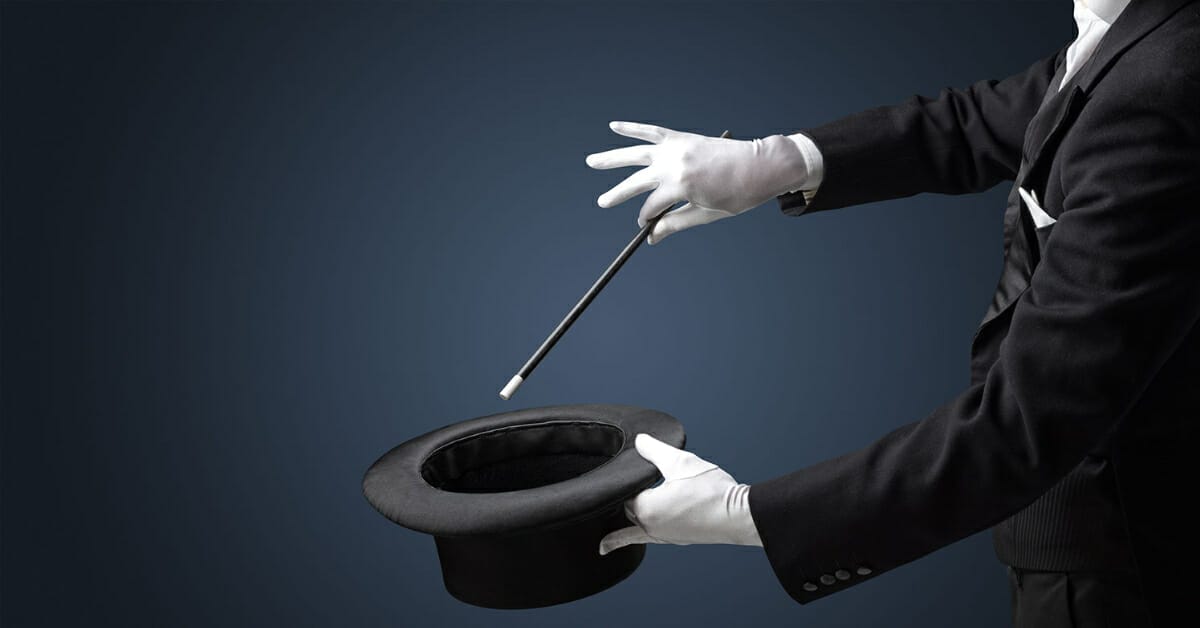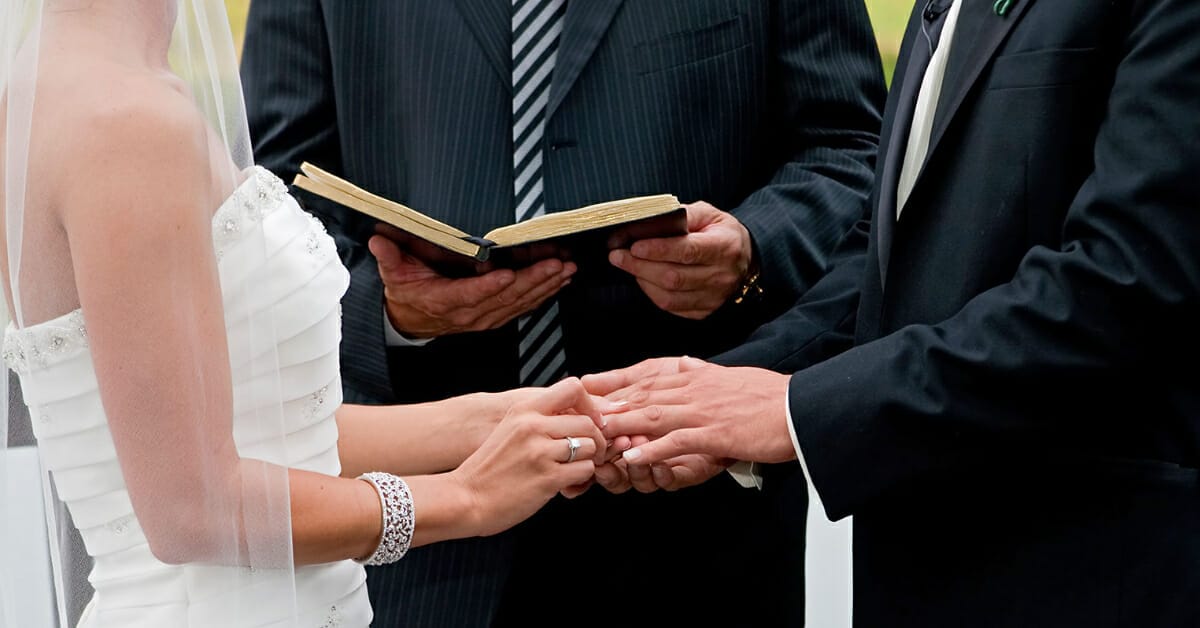A Pandemic Problem.
We have seen a lot of loss in recent days due to a worldwide pandemic, but we have been suffering from a virus that is much more devastating than COVID-19. Since the birth of Playboy magazine in 1953 and the sexual revolution of the 1960s, the entertainment industry has constantly pushed the envelope when it comes to sex. For years, sexual content became bolder and more mainstream. Then in 1993, the World Wide Web became public. And this newfound digital access comes with a virus that has permeated our homes and churches and has put influenza to shame.
Defining the Problem.
According to the Oxford Dictionary, pornography is defined as:
“Printed or visual material containing the explicit description or display of sexual organs or activity, intended to stimulate erotic rather than aesthetic or emotional feelings.”
But chances are I don’t need to define it. We all know what it is and probably have all seen or watched some version of it.
- Over 40 million Americans are regular visitors to porn sites.
- 68% of church-going men and over 50% of pastors view porn on a regular basis.
- And the average age a child is first exposed to porn is 11 years old.
Porn is truly a pandemic worse than COVID. It is destroying our homes and families right under our noses. Why? It kills the desire for true intimacy and leads to sexual addiction.
You may be reading this and thinking that porn is not a problem. You may believe that porn is a normal part of life and something everyone does. But the truth is that once you begin to use pornography for sexual gratification, you start training your brain to attach to the fantasy world through pornography and masturbation.
Sex addiction can cause some serious challenges in relational sex, because you have neurologically attached your brain to a fantasy image or act. So when you have sex in real life, you have to close your eyes and/or disconnect from reality. Fantasy simply becomes more enticing, because it requires no work or relational intimacy. It is a false intimacy that sinks it claws deep into you, and you cannot pull away.
Do I Have a Problem?
Now you may be asking yourself, “Do I have a pornography problem?” Or “Am I a sex addict?”
First, let’s help define what a sex addiction looks like. Sexual addiction is a compulsive behavior that completely dominates your life. It causes you to make sex a bigger priority than family, friends, and work. Everything revolves around sex, and you are willing to sacrifice what you cherish most to preserve and continue your unhealthy behavior.
There are also patterns of out-of-control sexual behavior, such as: compulsive masturbation, indulgence in pornography, chronic affairs, dangerous sexual practices, prostitution, anonymous sex, and compulsive sexual episodes.
For sex addicts, sex is the same as food or drugs in other addictions. It provides the “high” that addicts depend on for feeling normal. Temporary pleasure and unhealthy relationships become more important than forming healthy, intimate relationships. A sexual addict may begin to isolate themselves either emotionally or literally. There is a repetitive struggle to control behavior, which is followed by a deep sense of despair for continuously failing to do so. Self-esteem gradually decreases, increasing the need to escape into the addictive behavior all the more. It’s a vicious cycle.
Here are some questions to ask yourself if you are wondering whether you might be an addict:
- Do I have secret sexual behaviors with myself, pornography or others?
- Am I unable to be honest about my sexual behavior?
- Have I caused pain in my relationships due to my sexual behavior?
- Have I had consequences financially, relationally or socially due to my sexual behavior?
- Do I continue my sexual behavior regardless of consequences or attempts to stop the behavior?
- Do I have difficulty not lusting or objectifying people?
If you have answered yes to one or more of these questions, you really need to seek help. It’s hard to admit weakness and ask for help, but it is absolutely crucial. One of the biggest lies that lust tells us is, “You can handle this by yourself.” Once you believe that, all hope of getting better is gone.
Addressing the Problem.
For the Christians reading this post, you may be telling yourself, “I will just pray harder or increase my faith.” I am here to tell you that this is not enough. I know that may sound blasphemous, but I am not the one who said that—God did. The Bible tells us in I John 1:9, “If we confess our sins, he is faithful and just to forgive us our sins and to cleanse us from all unrighteousness.” This promise is absolutely true, but it only offers forgiveness. There is a vast difference between forgiveness and healing. The key to healing is not found here. It is found in James 5:16, “Therefore, confess your sins to one another and pray for one another, that you may be healed….”
Forgiveness is immediate and comes from God, but healing takes place over time and is gradual. Forgiveness comes when we confess our sins to God, but healing comes when we confess our sins to one another. You CANNOT heal from a sex addiction on your own or even just you and God. Others must be involved. Start by finding one person you can trust and confide in, and ask them to help you by being accountable to them.
If you find yourself bound to pornography and sex addiction, there is hope. Find someone you can be accountable to or find a recovery group that encourages behavior change. The road ahead is long and the work is hard, but the result is absolute freedom to live the addiction-free life God has called you to live.
Erik Almodovar, Pastoral Counselor.










